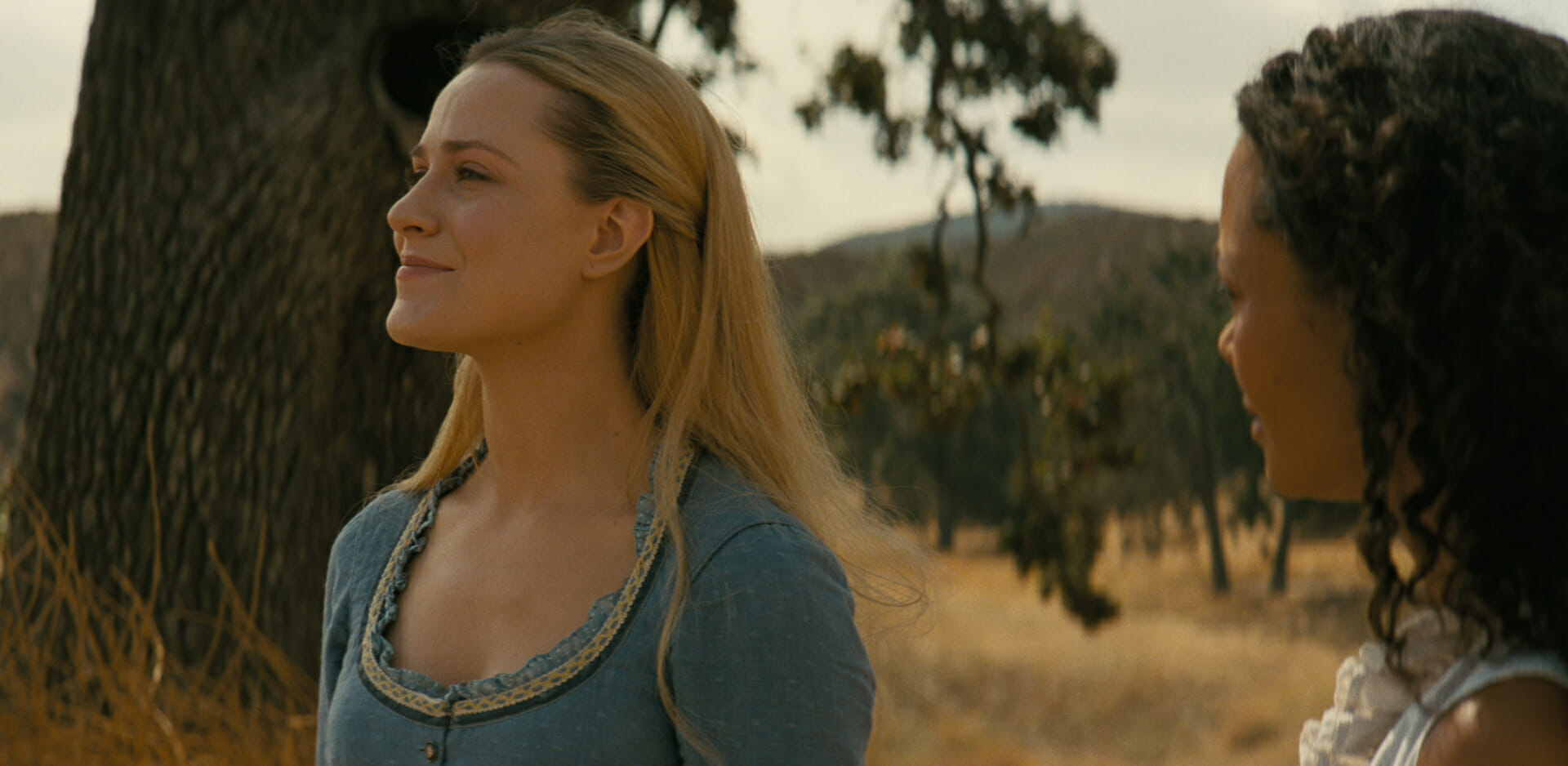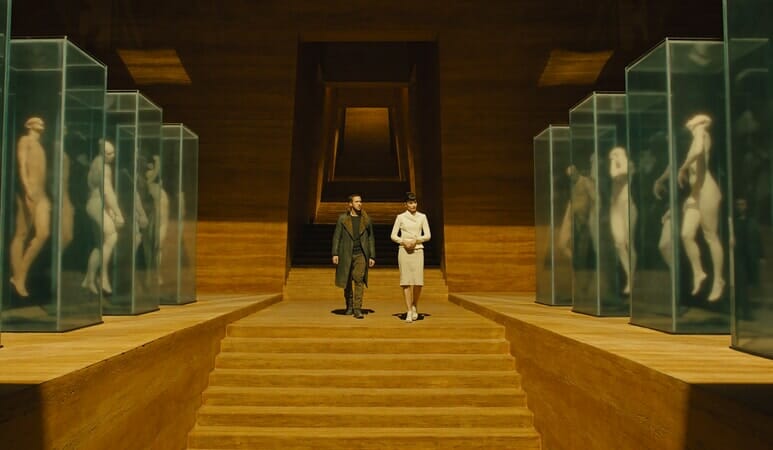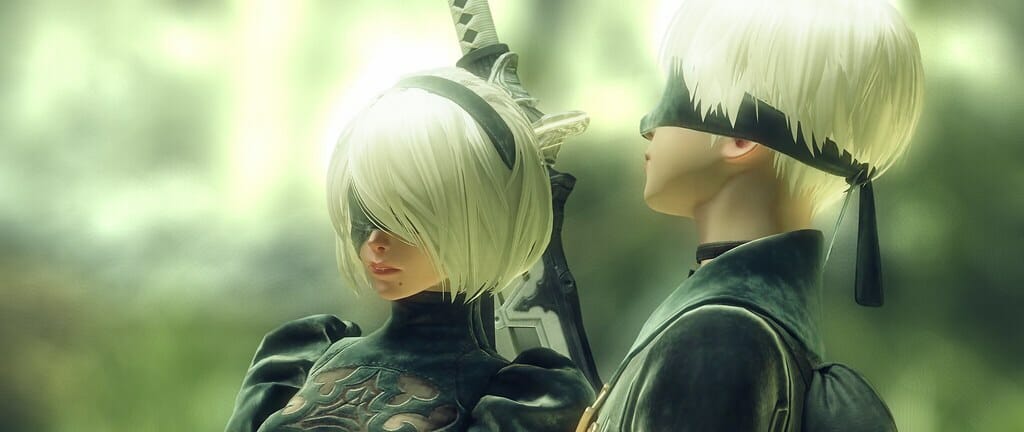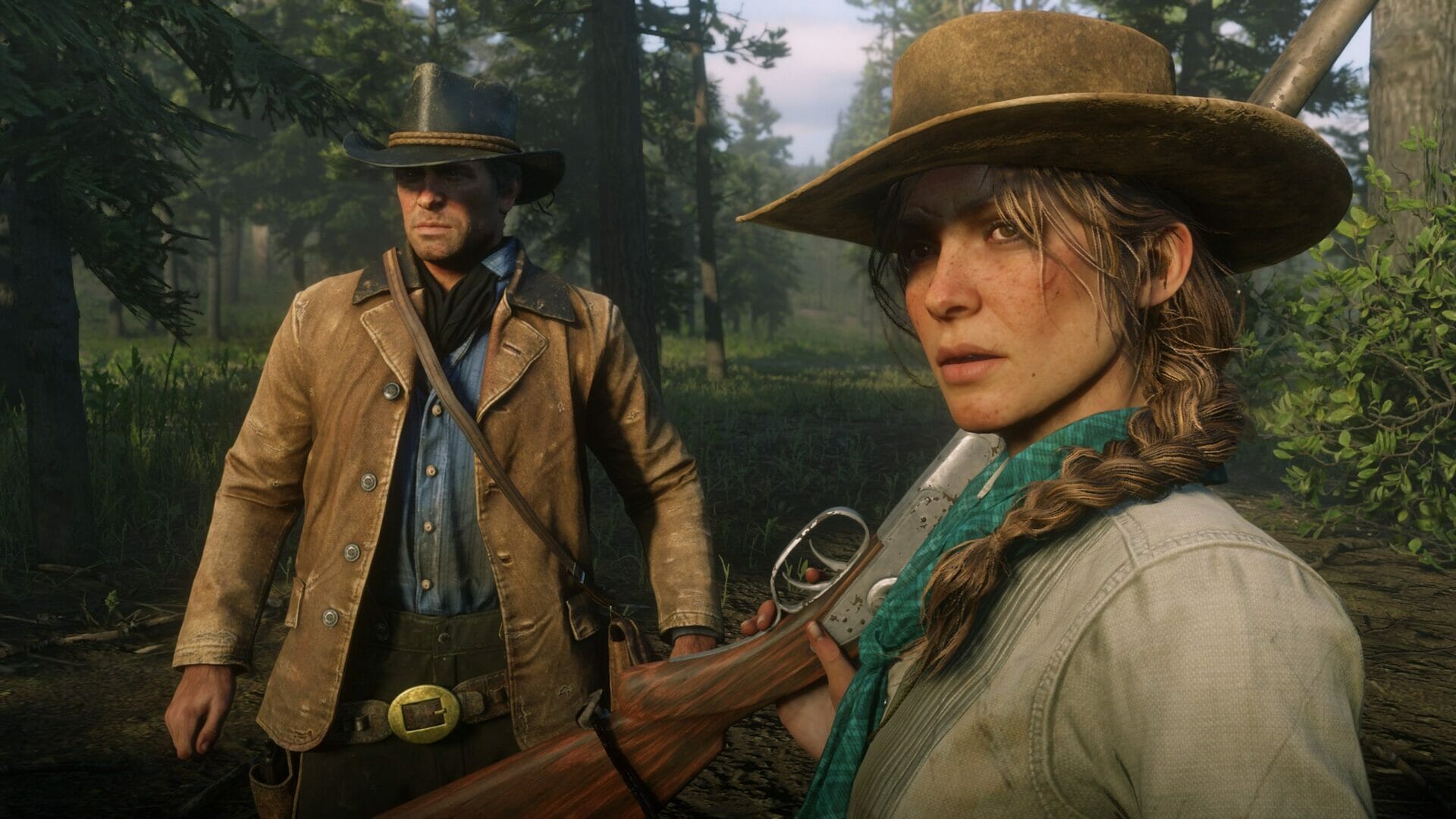
Westworld | Free will is not free
Year
Seasons
Runtime
Original language
Genre
Music by
In a technologically advanced Wild-West-themed amusement park called Westworld, populated by human-like androids, rich people pay to indulge in their most primal and violent fantasies. That is until the androids start becoming self-aware and begin to deviate from their programming.
The origins
Based on the 1973 film of the same name by Michael Crichton, Westworld set out to expand beyond the scope of the original work. The show is told through multiple narrative frameworks that shift between the perspective of several humans and human-like-androids, each of them with their own storyline, much like that other HBO hit TV show Game of Thrones. The series contains complicated and intertwining narratives that explore complex themes, such as consciousness and ethics, and unfolds through a mixture of Western-inspired action and dramatic character evolutions.
Westworld is a show that can be hard to follow, with its multiple storylines and jumps in time. Sergio Leone’s films and the moral dilemmas that stem from artificial intelligence influenced by Philip K. Dick‘s novels inspire its powerful visuals. Though Westworld reinvented itself by leaving behind the western elements for a more dystopian setting in season 3, it continues to stand out by being a show that isn’t afraid to let go of the viewers’ hand, as well as getting rid of the hero concept altogether.
The Nolan attitude
Showrunner Jonathan Nolan explained that he took inspiration from video games like BioShock and Red Dead Redemption to illustrate morality in the show, in the sense that the morality of the protagonist exists as a variable in a spectrum, never fully good but never fully evil. Nolan also has an interest in the NPC (Non-Player Character) in the video games world, which all have their own routines and goals, making the player feel like life goes on with or without them, something that he wanted to carry over into the show.
Tag
Buy a ☕ for Hypercritic










